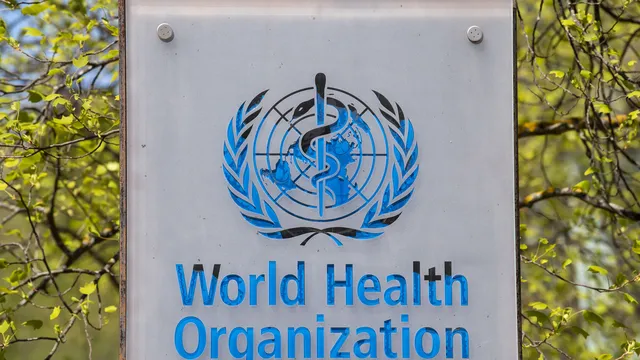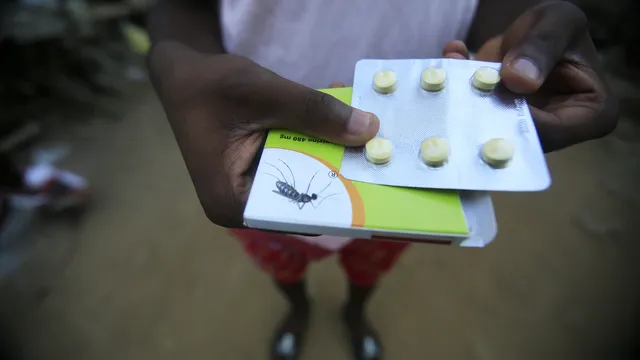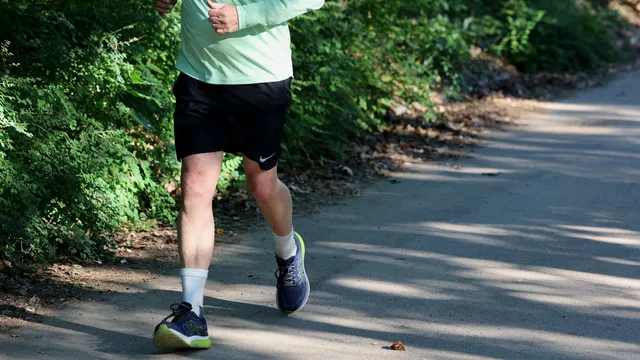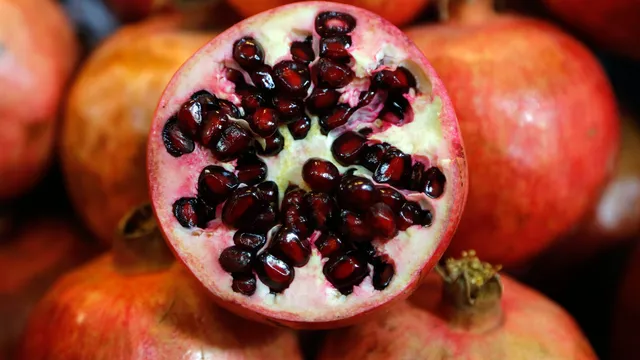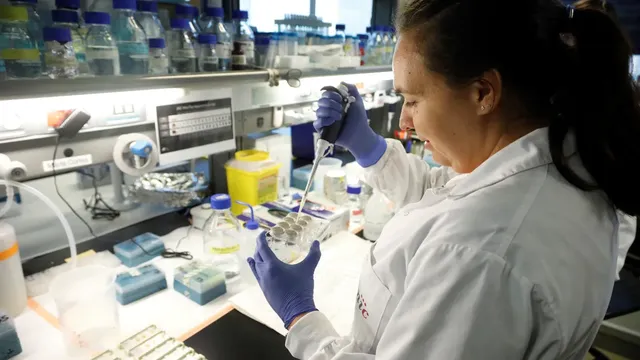"We have confidence in the assessments that are being made regarding vaccines. Vaccine safety is maintained at an extremely high level," said Kate O'Brien, director of the WHO's vaccine division.
O'Brien was asked about a May 1 report in The Washington Post that said US Health Secretary Robert F. Kennedy Jr. intends to change the way vaccines are tested by requiring all new vaccines to undergo placebo trials.
According to the report, the goal is to increase safety and transparency, but medical experts warn that such a measure could limit access to vaccines and undermine confidence in them.
O'Brien emphasized that the "gold standard" for vaccine development already requires placebo testing in the development of completely new vaccines for diseases for which no immunization options exist.
However, she cautioned that existing vaccines that have been modified to cover new strains, for example, could also be considered new vaccines.
In such cases, it would be unethical to give test subjects a placebo—an inert product that does not protect against disease—instead of "already approved vaccines that save lives," she said.
"I think what's important here is that the quality of clinical trials and the safety assessments of those clinical trials are at the heart of the development of all vaccines. It is very important that we do not limit the possibility and opportunity to develop better vaccines... The goal is to continue to develop improved vaccines," O'Brien added.
Last week, the WHO warned that outbreaks of vaccine-preventable diseases such as measles, meningitis, and yellow fever are increasing globally amid misinformation and cuts in international aid.
Kennedy, a vaccine skeptic, has also made false claims in recent days that the measles, mumps, and rubella (MMR) vaccine contains "aborted fetal remains," according to reports.
"Some of these claims about what is used to make the measles and rubella vaccine are not true," O'Brien said.
She called on people with power and influence to help boost confidence in the safety, efficacy, and importance of vaccines, which the WHO says have saved more than 150 million lives over the past five decades.
"It is really the trust of communities, of people in communities, that determines the impact of vaccines," she added. | BGNES

 Breaking news
Breaking news
 Europe
Europe
 Bulgaria
Bulgaria
